Potatoes, Nightshades and Tomatoes
yumtomatoes
12 years ago
Related Stories

FLOWERS AND PLANTSFor a Bare Garden Wall or an Empty Corner, Consider Jasmine Nightshade
Solanum laxum has dainty white flowers and thrives in gardens where winters are mild
Full Story
EDIBLE GARDENSSummer Crops: How to Grow Tomatoes
Plant tomato seedlings in spring for one of the best tastes of summer, fresh from your backyard
Full Story
ARCHITECTUREHouzz Tour: Fresh Ideas in a Former Tomato Packing Shed
A formerly metal-clad structure is now a beautiful wood home designed to capture the light and preserve open space
Full Story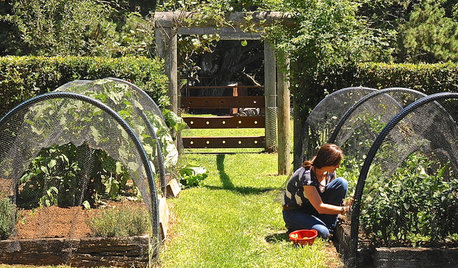
FARM YOUR YARDHouzz Call: Home Farmers, Show Us Your Edible Gardens
We want to see where your tomatoes, summer squashes and beautiful berries are growing this summer
Full Story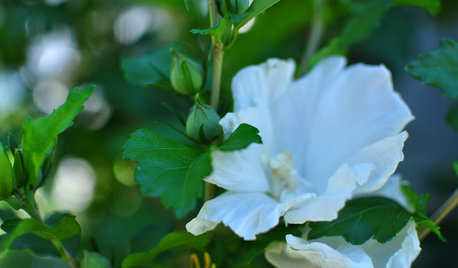
GARDENING GUIDESMid-Atlantic Gardener's August Checklist
Bring in the bounty of tomatoes, savor the show of grasses and start seeding some cool-season plants
Full Story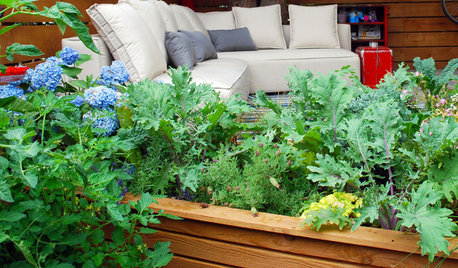
GARDENING GUIDESStep Right Outside for Fresh Herbs and Vegetables
Decks and patios can be convenient spots for edibles, and sometimes they even offer advantages over backyard gardens
Full Story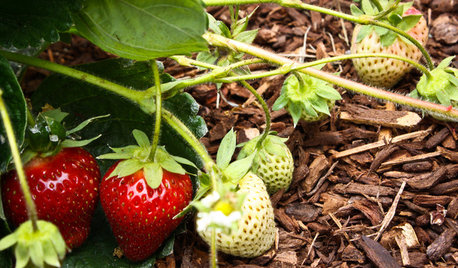
SPRING GARDENINGSummer Crops: How to Grow Strawberries
Pluck your own sweet strawberries right from the garden vine for smoothies, salads or eating then and there
Full Story
FARM YOUR YARD6 Things to Know Before You Start Growing Your Own Food
It takes time and practice, but growing edibles in the suburbs or city is possible with smart prep and patience
Full Story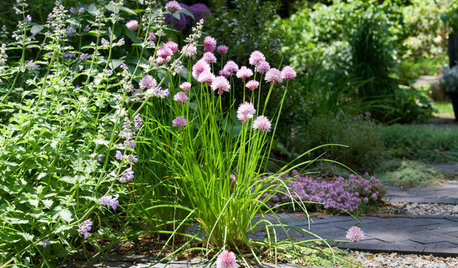
EDIBLE GARDENS8 Surefire Vegetables and Herbs for Beginning Gardeners
Learn the edible plants that are popular and easy to grow in a backyard or container garden
Full Story
HEALTHY HOME12 Ways to Set Up Your Kitchen for Healthy Eating
Making smart food choices is easier when your kitchen is part of your support team
Full StorySponsored
More Discussions






carolyn137
rhizo_1 (North AL) zone 7
Related Professionals
Ashburn Landscape Architects & Landscape Designers · Gresham Landscape Contractors · Four Corners Landscape Contractors · Goodlettsville General Contractors · Four Corners General Contractors · Anchorage General Contractors · Fort Pierce General Contractors · Palatine General Contractors · Port Saint Lucie General Contractors · Saint George General Contractors · Van Buren General Contractors · Baileys Crossroads General Contractors · Hendersonville Decks, Patios & Outdoor Enclosures · Justice Decks, Patios & Outdoor Enclosures · Schaumburg Decks, Patios & Outdoor Enclosuresamberroses
carolyn137
garystpaul
carolyn137
springlift34